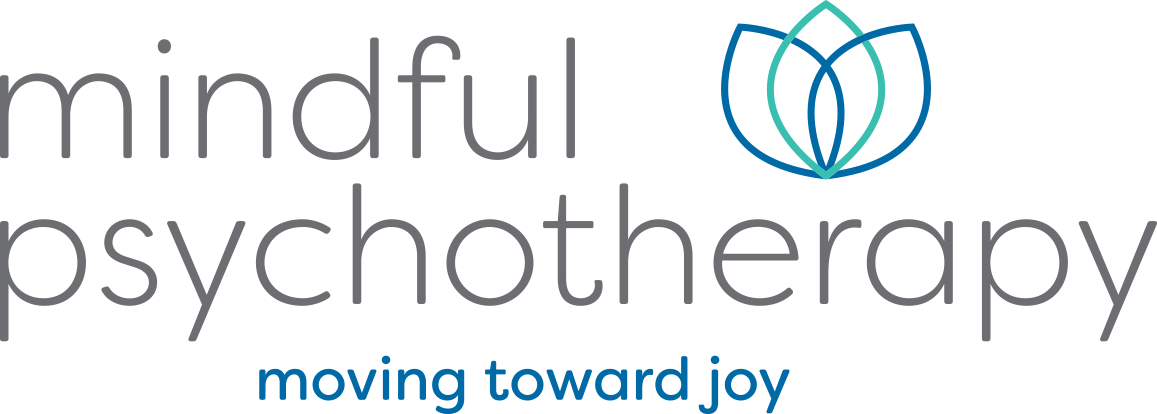Therapy for Trauma
DO YOU HAVE SYMPTOMS OF TRAUMA?
Severe symptoms of trauma and-or Post Traumatic Stress Disorder (“PTSD”) include:
Intrusive thoughts about the trauma
Nightmares of flashbacks
Anxiety or severe upset when reminded of the trauma
Avoidance of any reminder or thought of the trauma
Negative beliefs about oneself “I am bad” or “I’m defective”
Negative beliefs about the world “I can’t trust others” or “I’m in danger”
Feelings of alienation from others
Feelings of being numb
Feeling unable to experience positive emotion
Irritability, depression, anxiety
Self-destructive or reckless behavior
Trauma can also cause generalized anxiety disorder, clinical depression, suicidality and other mental health conditions.
Less severe, but still very damaging, symptoms of trauma or PTSD have the following impact:
Cause people to experience distressing emotions which appear to themselves, and perhaps to others, to be excessive given the current situation.
Cause people to be highly reactive to certain trigger events.
Cause people to maintain dysfunctional beliefs about themselves despite “knowing” on an intellectual level that the beliefs are not true.
WHY DOES TRAUMA CAUSE THESE SYMPTOMS?
Traumatic incidents are stored differently in the brain than non-traumatic experiences. The emotions, thoughts and sensory perceptions which were appropriate at the time of the trauma can be triggered throughout the person’s life at times when trauma is not present.
Sometimes people remember exactly what trauma caused these symptoms. Sometimes people don’t remember at all. Either way, therapy can help.
WHAT IS TRAUMA? WHAT IS A “BIG T” OR A “LITTLE T” TRAUMA?
Definitions of Trauma vary, but the “official” definition required for a PTSD diagnosis requires that the person was exposed to death, threatened death, actual or threatened serious injury, or actual or threatened sexual violence through either direct exposure, witnessing it in person, indirectly by learning that a close relative or friend was exposed to trauma or repeated or extreme indirect exposure in the course of professional duties. Any event that falls into this category would be a big “T” trauma. The “Big T” traumas are what people usually think of when they hear the word trauma: war, rape, major accidents, childhood physical or sexual abuse.
A “Little T” trauma includes childhood neglect, repeated verbal abuse from a close family member or authority figure, bullying, domestic abuse, complex grief. “Little T” traumas are more common events that people usually don’t identify as traumatic. The “Little T” Traumas, particularly when they happen to children, can have a major impact on how people view themselves and the world. Coping with ongoing “Little T” traumas can have long lasting effects.
Recovery is possible!
Therapy can be very effective for trauma, whether you have PTSD (Post-Traumatic Stress Disorder), ASD (Acute Stress Disorder), Panic Attacks, Generalized Anxiety Disorder or a Dissociative diagnosis.
The World Health Organization states that trauma-focused CBT and EMDR are the only psychotherapies recommended for PTSD. (2013 Report).
There is an awesome online service called Virtual EMDR. This is best for people who are high functioning and able to approach difficult issues in a lightly guided, but mostly self-help manner. The YouTube video below provides guidance on whether Self-Administered EMDR is a good idea for you. Virtual EMDR guides you through the EMDR process and allows you to do unlimited EMDR sessions online for a monthly cost. I am affiliate and have used this service. If you use my link and put AwakenJoy20 in the promo code box, you will receive 20% off.


